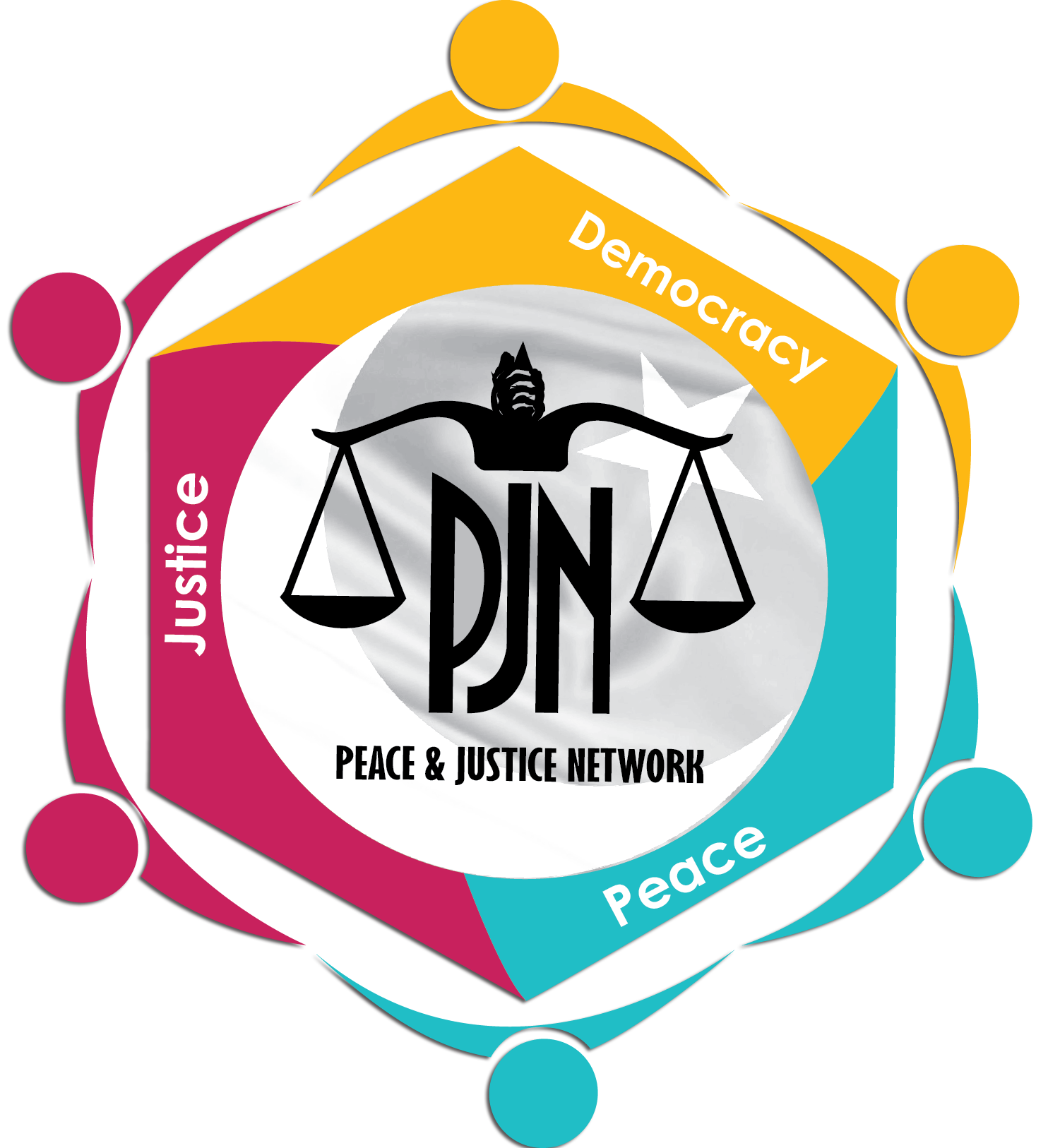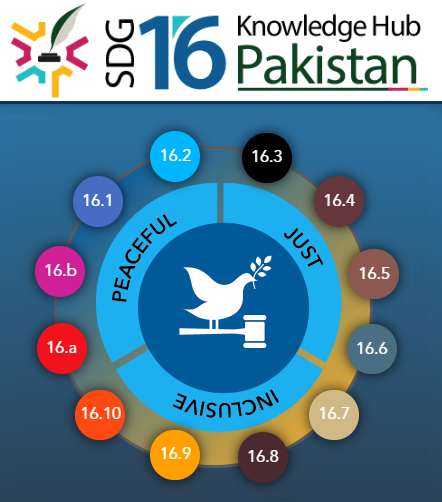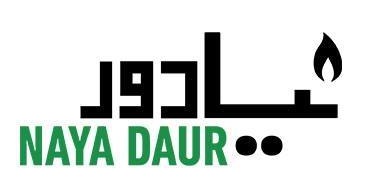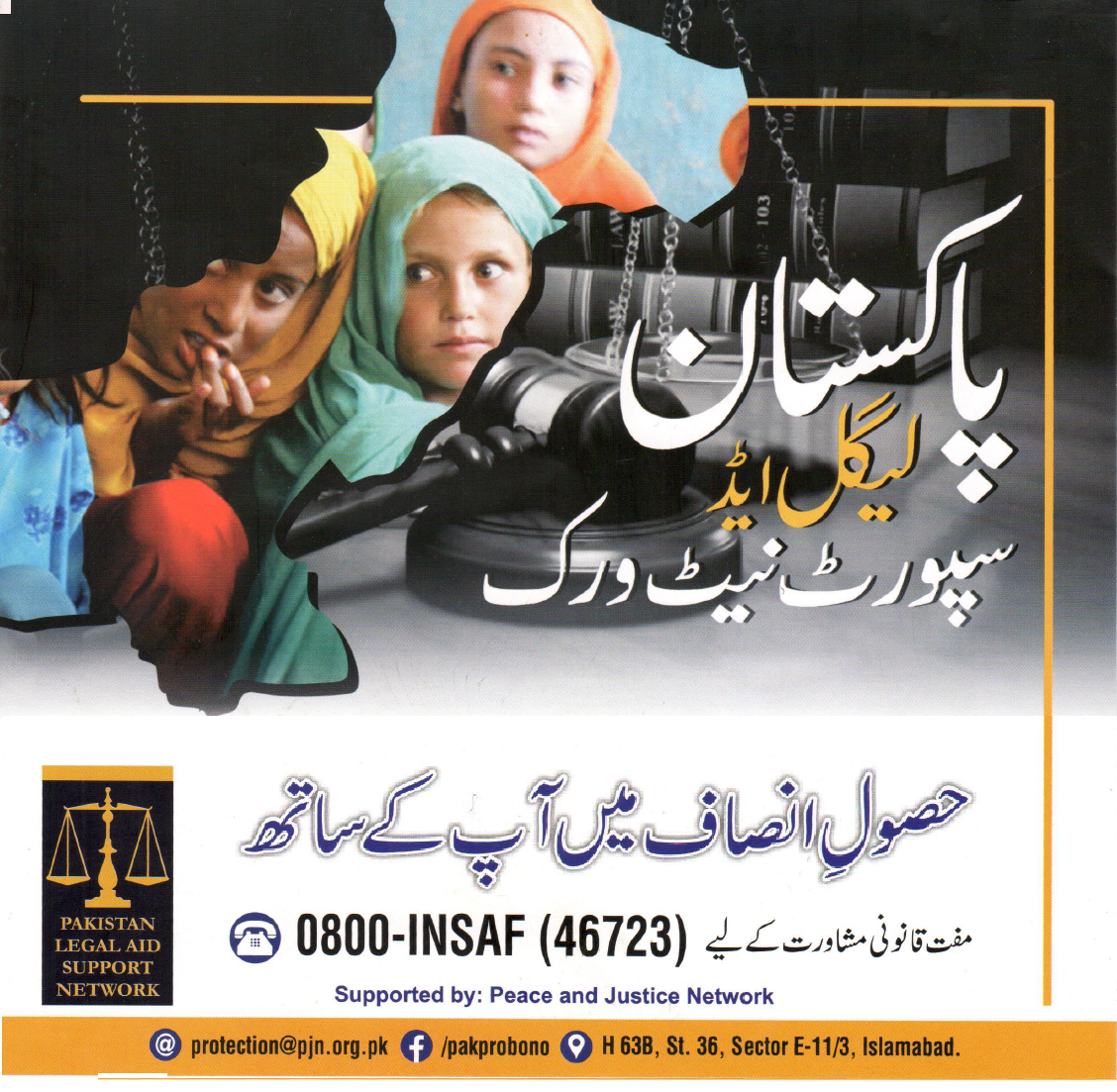

PJN Humanitarian Principles for its Programme
1 The humanitarian imperative:
Human suffering must be addressed wherever it is found, with particular attention to the most vulnerable in the population, such as children, women, the displaced and the elderly. The dignity and rights of all those in need of humanitarian assistance must be respected and protected. The humanitarian imperative implies a right to receive humanitarian assistance and a right to offer it. At times, humanitarian access to civilian populations is denied by authorities for political or security reasons. Humanitarian agencies must maintain their ability to obtain and sustain access to all vulnerable populations and to negotiate such access with all parties to the conflict.
2. Neutrality:
Humanitarian agencies must not take sides in the hostilities or in controversies based on political, racial, religious or ideological identity (non-partisanship/independence). Transparency and openness are key issues to keep neutrality. Neutrality for an organization that has taken on a rights-based approach must not, however, be an obstacle to tackling human rights violations. Neutrality is not a justification for condoning impunity or turning a blind eye to egregious human rights abuses. It does not negate the need for some form of action, whether through strategic advocacy, simple presence, political demarches, local negotiations, etc.
3. Impartiality:
Aid/Support is delivered to all those who are suffering; the guiding principle is only their need and the corresponding right. Human rights are the basis and the framework for an assessment of needs. This principle includes both the proportionality to need (where resources are not sufficient, priority is always given to those most affected) as well as the principle of non-discrimination (no one should be discriminated against based on their sex, age, ethnicity, identity, etc). It is crucial to emphasize state responsibility in ensuring that aid is delivered in an impartial way.
4. Do no/less harm:
Although aid/support can become part of the dynamics of the conflict and may even prolong it, humanitarian organizations must strive to “do no harm” or to minimize the harm they may be inadvertently doing simply by being present and providing assistance. Humanitarian actors need to be aware of this and take steps to minimize the harm when, for example, aid is used as an instrument of war by denying access or attacking convoys; aid is an indirect part of the dynamics of the conflict because it creates jobs, gives incomes in form of taxes, leaves no or little responsibility on the state for social welfare, etc; or aid exacerbates the root causes of the conflict by securing rebel activities. To minimize possible longer term harm, humanitarian organizations should provide assistance in ways that are supportive of recovery and long-term development.
5. Accountability:
PJN hold themselves accountable to both the beneficiary communities (that their needs for assistance and protection are met, with dignity) and the donors (that assistance is provided for the proposed purpose). Coordination among organizations is thus a key part of this principle. National/local authorities, on their part, shall hold themselves accountable for the protection, safety and well-being of populations living in areas over which they claim control.
6. Participation of affected populations, in particular women and children:
Humanitarian action tends to look at short-term needs and forget the responsibilities of the aid community to give sustainable support/aid in a way that realizes the right of affected populations to participate in decisions that affect their lives. It is, however, important to build on capacities in the affected population, and promote the participation of beneficiaries in all that we do. Participation raises questions, namely 'participation of who?’ (men, women, girls, boys, traditional and modern institutions, etc.), 'participation for what?' (the objectives of participation, e.g. to facilitate targeting of programmes, to ensure buy-in of local populations, etc.), and 'how to do participation?' (e.g. how to address discrimination in participatory processes, how to ensure that people engaged and participating in the aid process will not themselves be targets of human rights violations and stigmatised as the result of their participation?).
7. Respect for culture and custom:
Understanding local customs and traditions is, of course, important, not only in carrying out your work, but also in understanding local values when connecting them to internationally recognized human rights. While local culture and customs vary, human rights are universal and applicable to all human beings, no matter what the cultural setting, and must be paramount. Some interventions require particular sensitivity to local customs. For example, in dealing with survivors of rape, it is important to be aware of how rape and survivors of rape are perceived in the local community in order to best respond to their needs.
Copyright © 2026 pjn.org.pk




